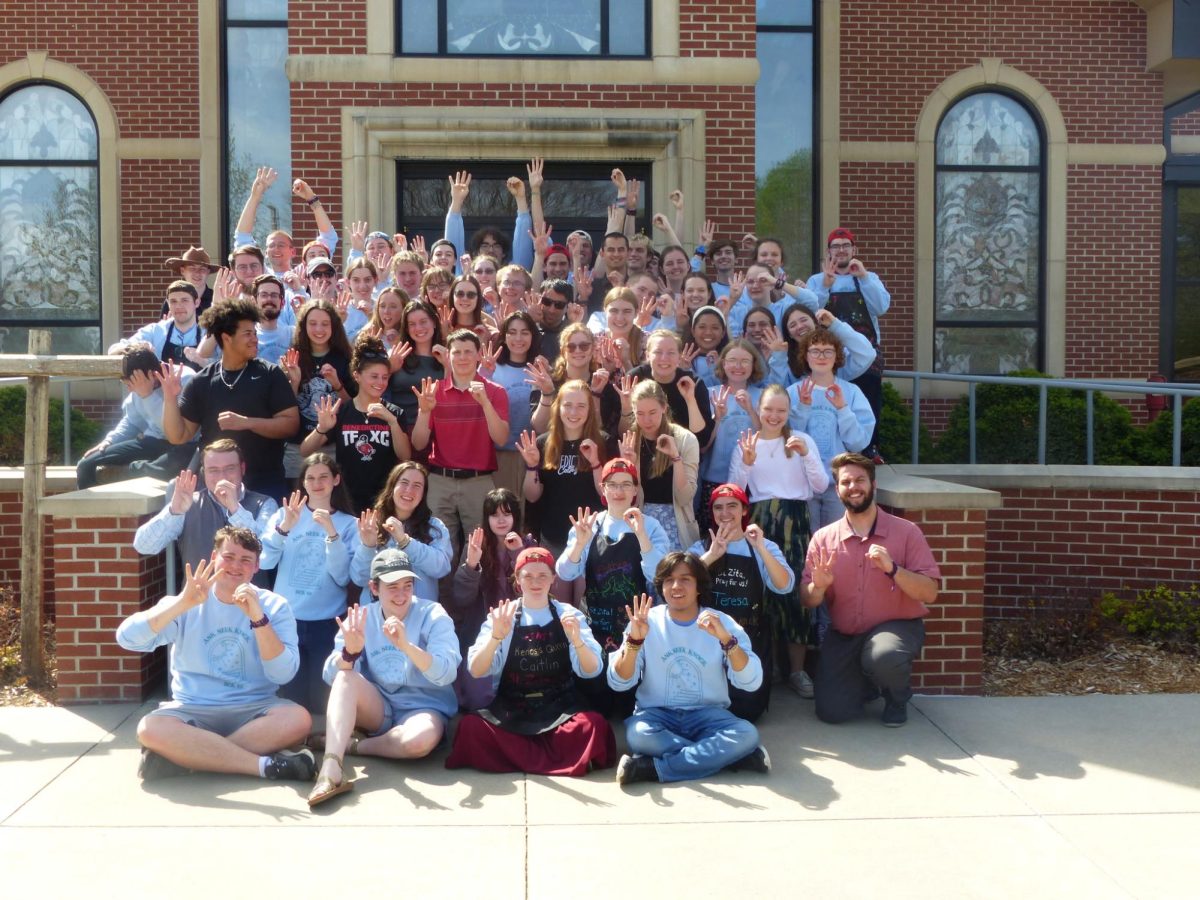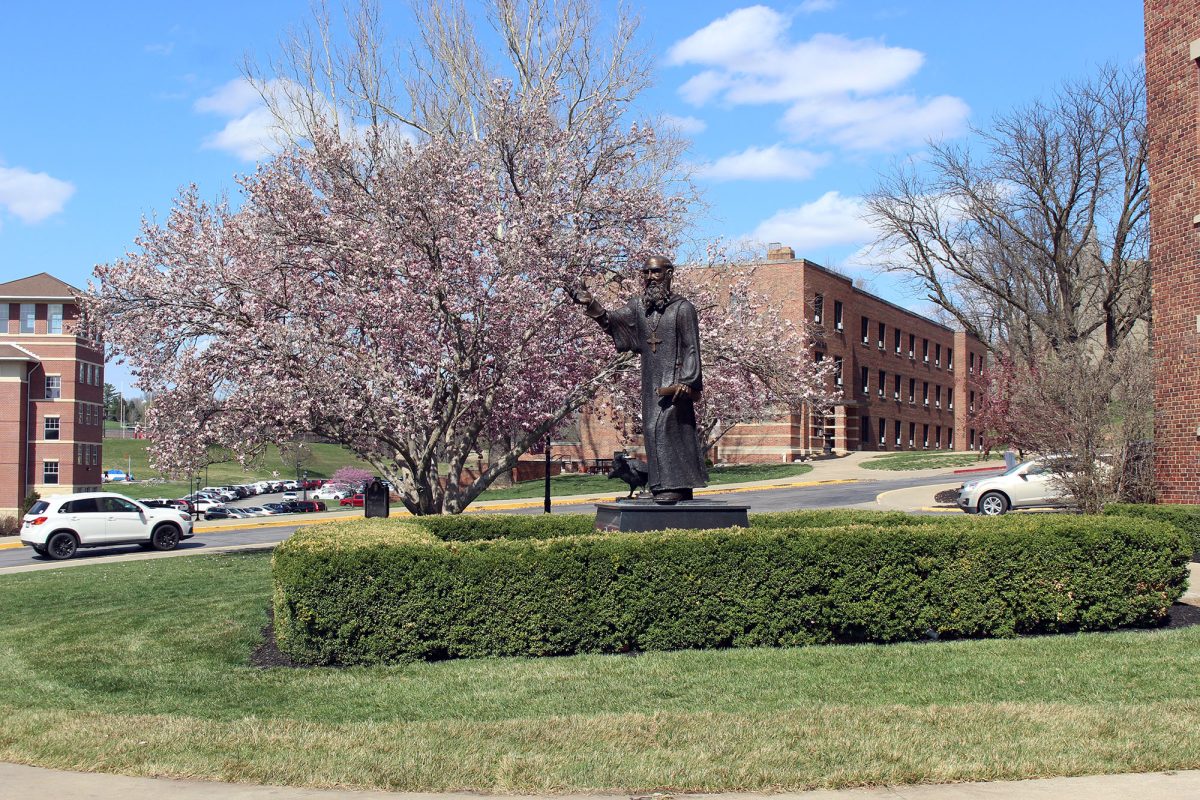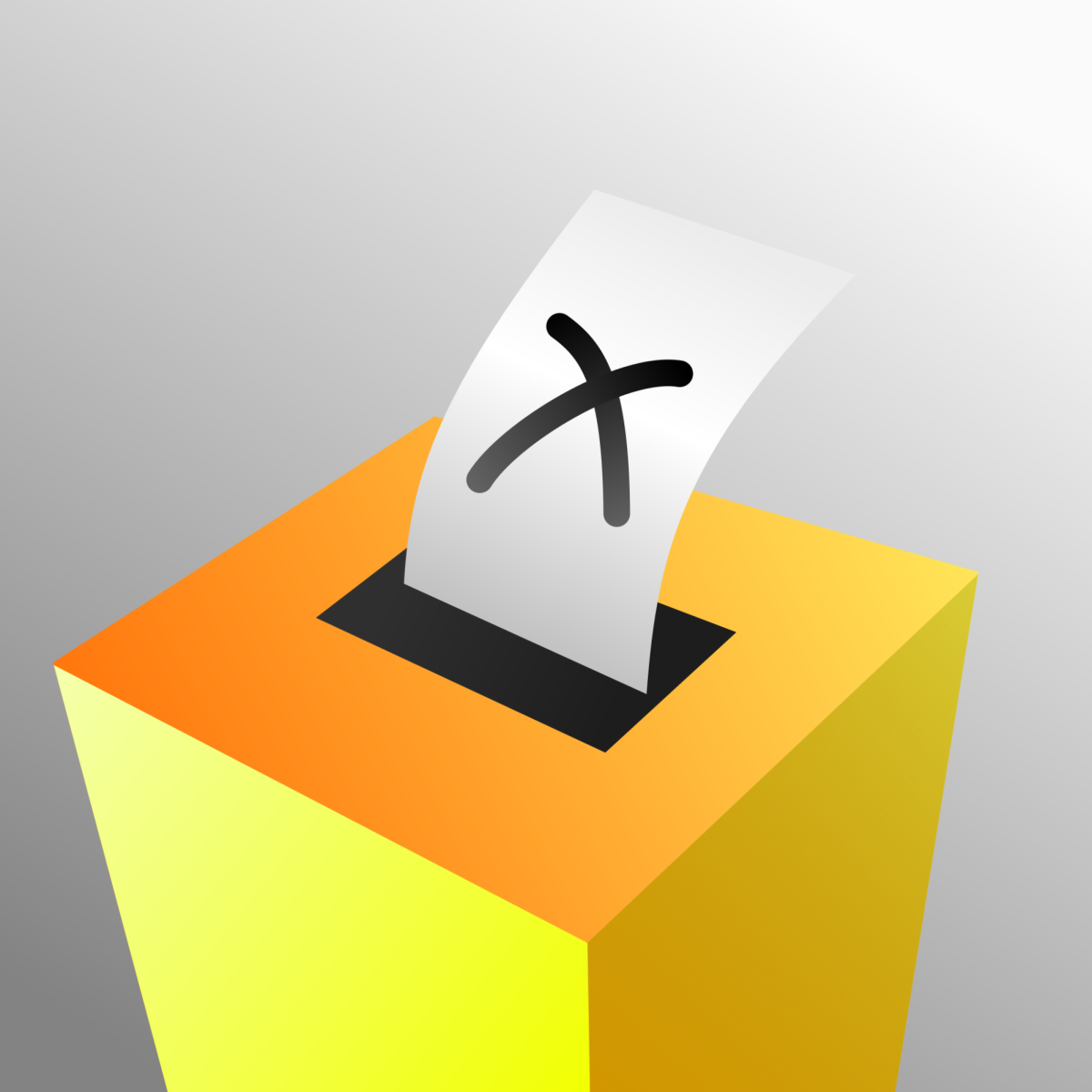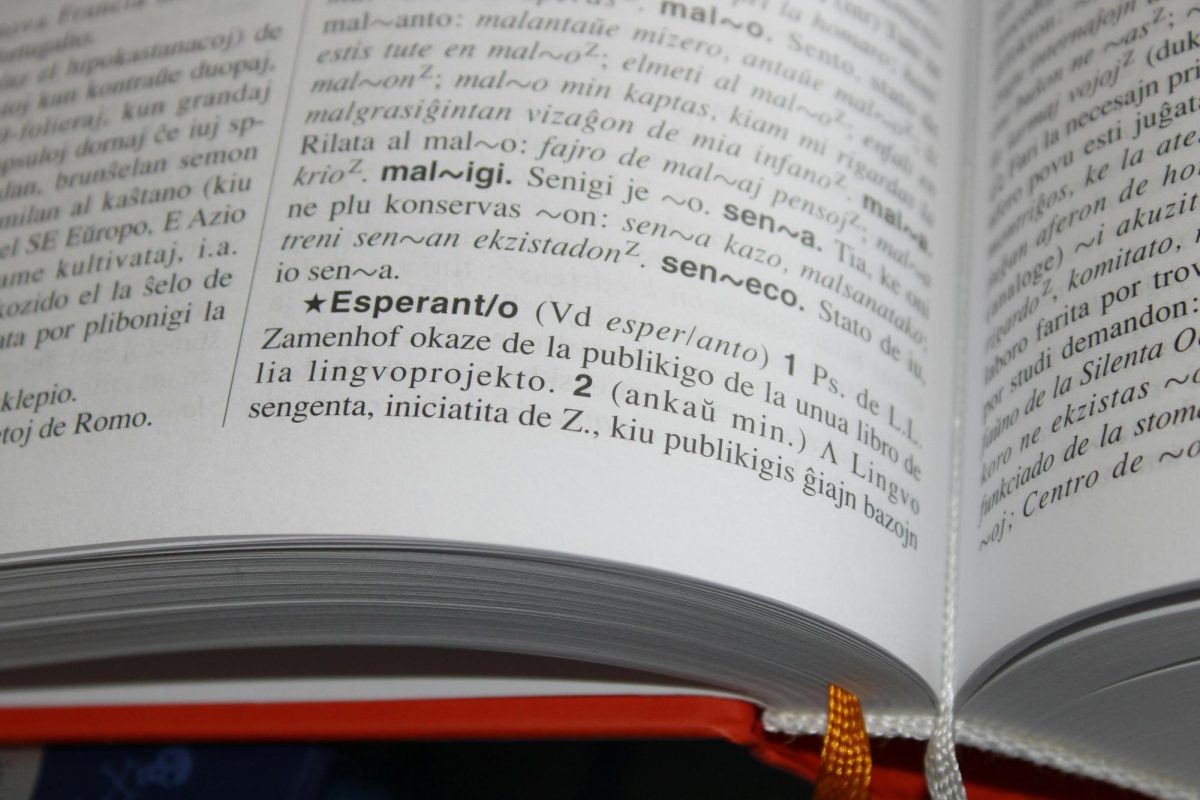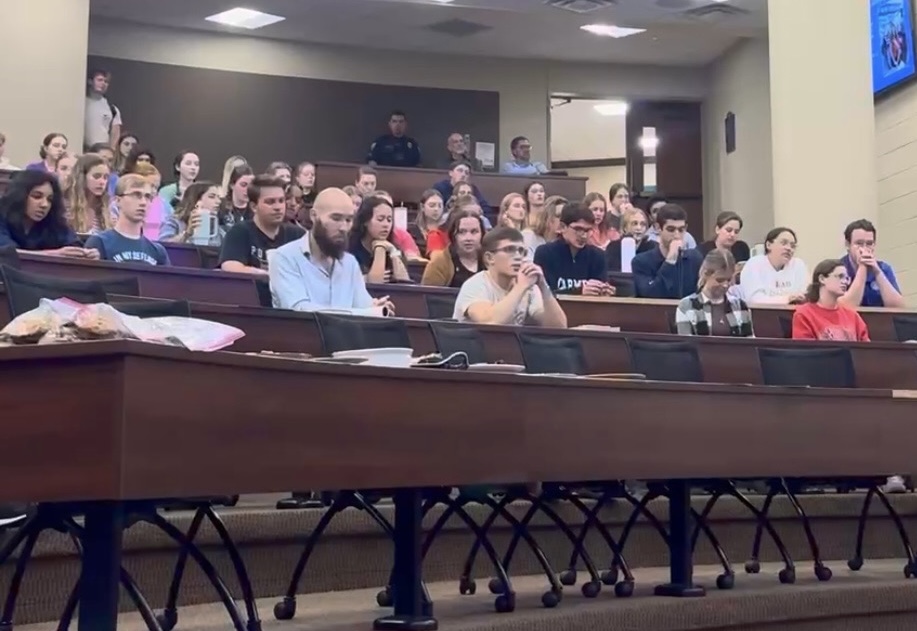As technology has expanded over the past decades, education has adapted to include these advancements. One of the emerging forms of technology within education today is the use of artificial intelligence (AI) and programs that use this technology, like
ChatGPT. When it is used ethically, generative AI should be encouraged within higher education to inspire and enhance student work.
The major fear behind encouraging students to use generative AI is the idea that they will attempt to have the AI do the work for them and pass it off as their own, replacing any genuine thought or effort from the individual. When taught to use generative AI ethically, students will learn to use it to their benefit to inspire and enhance their work, learning something new that they can apply in the future. Effective uses of generative AI are to help understand dense, complicated topics, provide feedback, and brainstorm new ideas, eliminating writer’s block.
Being a relatively new advancement, AI is not perfect. Educators can help students understand the need to verify information given to them by generative AI. ChatGPT is aware of its limitations and advises users to be cautious with the information that is provided. According to their website, limitations include information that sounds correct, but is incorrect or nonsensical, sensitive prompting, overuse of phrases, assumption of information, and occasional inappropriate, harmful, or biased information.
Despite these limitations, the benefits continue to shine through. It is because of these limitations, that further encourages the argument that AI should be taught in higher education programs. Teaching it in schools will help students learn exactly how to avoid these limitations to get the most accurate information.
Because of the limitations, it is more noticeable to tell when something has been written by AI and when someone has spent a lot of time writing something themselves. While it is still possible to get away with claiming the AI’s work as one’s own, schools must teach it. Regardless of whether it is taught or not, students will find a way to cheat if they desire.
The reality of the professional world is that artificial intelligence is often used. It is used to create content, summarize information, or even in writing emails. Without integrating this into course content, students will enter the workforce without the knowledge needed to do this. They will be required to learn on their own, putting them behind their peers and at a disadvantage in the hiring process. Ultimately, this will reflect poorly on the academic institutions in which these students graduated from.
In conclusion, the use of AI in higher education should be taught and encouraged because it inspires and enhances a student’s work. This is a tool that everyone will need to be successful, so colleges and universities should take the time to instruct ethical use.





